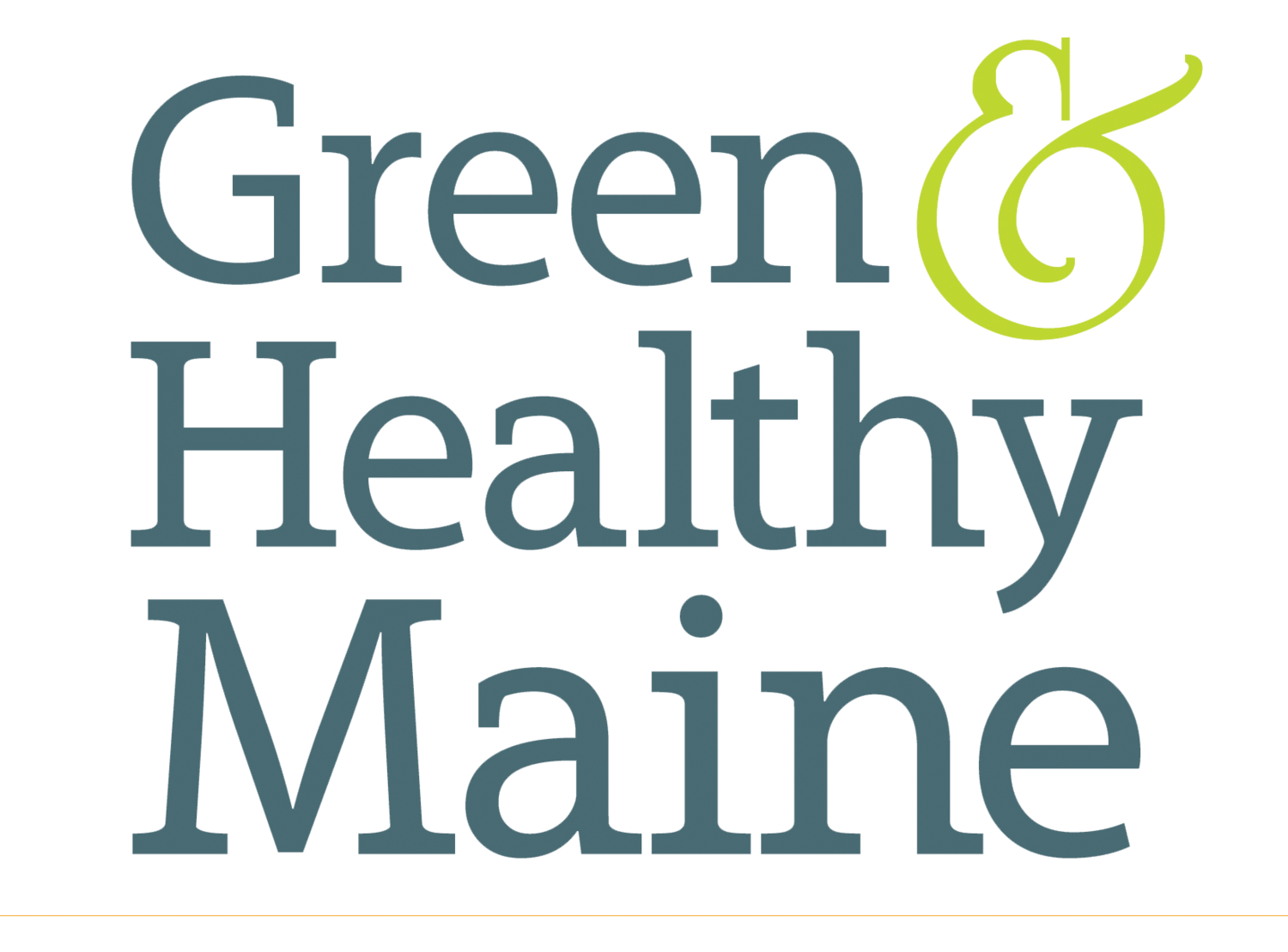8 ways to save the bees (and other pollinators)!
Bees are the world’s most important pollinator of food crops. Learn more, including how to become a beekeeper through Maine State Beekeeper’s Association.
Support local (organic) honey producers. Local honey contains a blend of local pollen, which can help to strengthen our immune systems and reduce pollen allergy symptoms. It is also one of the easiest ways to support local bee populations.
Host a bee hotel or nesting house. Bee hotels/nesting houses are places where solitary bees—those that liv alone, and not in hives—can make their nests. Solitary bees are also less likely to sting because they are not protecting a hive. Read University of Maine Cooperative Extension’s Bullet #7153 to learn more.
Get involved with the Sierra Club’s pollinator protection work.
Download the BeeSmart Pollinator Gardener app and access a database of nearly 1,000 bee-friendly native plants.
Avoid harmful pesticides. Synthetic pesticides, fertilizers, and herbicides are harmful to bees. Opt for organic options and spray at night when pollinators are less active.
Bring the kids to the Pollinator Parade each spring at Maine Audubon! Dress up as a bee, butterfly, ladybug, hummingbird, bat or other woodland friend and celebrate pollinators together.
Follow this pollinator checklist:
☐ Establish a water source
☐ Plan for food all season
☐ Provide year-round shelter
☐ Retain leaf litter in fall
☐ Emphasize native plants
☐ Buy only organically-grown plants
☐ Propagate plants from seed
☐ Plant a diverse species mix
☐ Skip all synthetic pesticides and fertilizers
☐ Create a smaller lawn and mow less often
☐ Encourage wind-sown volunteers (like milkweed)
Happy, healthy, sustainable. Subscribe to Green & Healthy Maine magazine!
Green & Healthy Maine is published by TheSunriseGuide, LLC. This article originally ran in the 2020 SunriseGuide.



